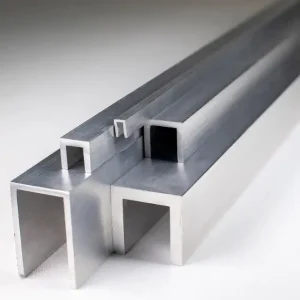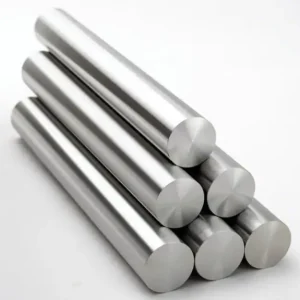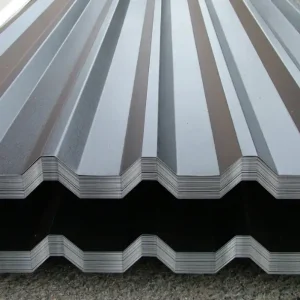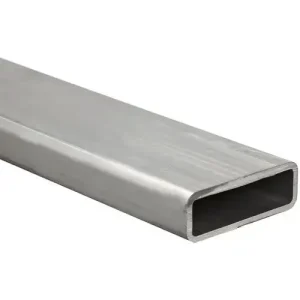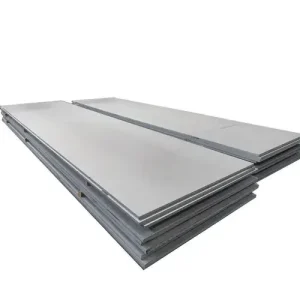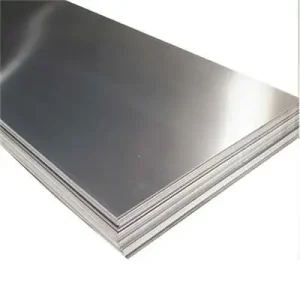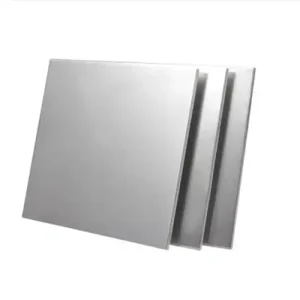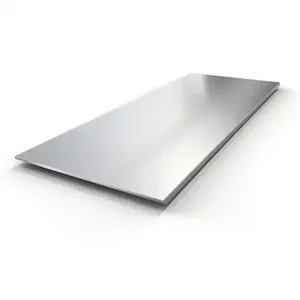The price of an aluminium sheet typically ranges from US $2.00 to $5.00 per kilogram, depending on alloy, gauge, temper, size, finish and market fluctuations.
The cost of an aluminium sheet generally sits in the range of $2–$5 per kg, translating to approximately $1,800–$4,500 per metric ton. Lower cost reflects pure aluminium or off‑spec stock, while pricier variants involve high‑strength alloys, specialty finishes or tight tolerances. Supply and demand, alloy composition, temper grade, sheet thickness and global metal premiums all play pivotal roles.
1. Factors Influencing Cost
I’ve noticed that aluminium pricing isn’t just about weight. It’s layered—literally and figuratively.
-
Alloy grade: 1xxx series (pure, >99 % Al) costs less. Alloys like 3003-H14, 5052-H32, 6061-T6, and 7075-T6 command higher prices because of added alloying elements and enhanced properties.
-
Sheet thickness (gauge): Thicker stock is costlier per piece but often cheaper per kg.
-
Temper & finish: Hard‑temper, anodized or polished sheets increase costs.
-
Supply‑demand & tariffs: Recent 50% U.S. tariffs sharply increased domestic premiums by ~164% to ~$0.58/lb (≈$1,279/ton).
-
Quantity & supplier: Bulk orders reduce per‑kg cost. Retail/small‑order premiums can add 10–30%.
2. Common Alloys & Gauges
Here’s a quick guide for alloys and their typical use:
-
3003-H14 – workhorse alloy, excellent formability.
-
5052-H32 – marine grade; high corrosion resistance.
-
6061-T6 – structural, machinable; aerospace/crafting.
-
7075-T6 – ultra‑high strength; aerospace/hard anodizing.
Gauge thickness comparison:
| Gauge (#) | Thickness (mm) | Typical Alloy | Weight (lb/ft²) |
|---|---|---|---|
| 32 | 0.80 mm | 3003-H14 | 0.57 |
| 20 | 0.90 mm | 5052-H32 | 0.90 |
| 14 | 2.06 mm | 6061-T6 | 2.26 |
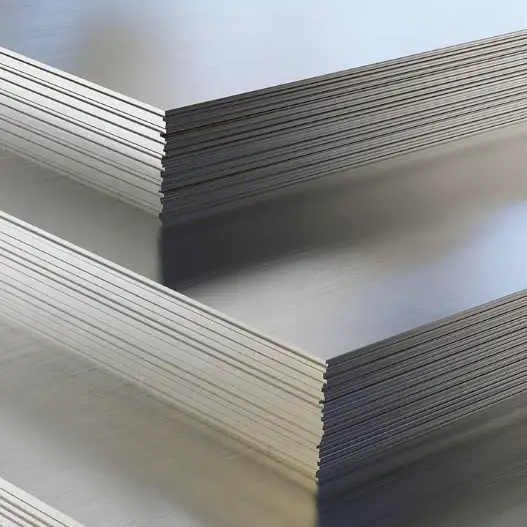
3. Pricing Comparisons Table
Using retail quotes from MetalsDepot and OnlineMetals, here’s how prices shape up for common sheet sizes:
| Dimensions (in) | Alloy‑Gauge | Price from OnlineMetals | MetalsDepot Catalog Price |
|---|---|---|---|
| 12×12 in | 3003‑.032″ | US $10.90 | n/a |
| 24×24 in | 5052‑.040″ | US $26.14 | ≈ US $23–28 (0.57 lb/ft²) |
| 48×96 in | 6061‑.063″ | ≈ US $68.93 | ≈ US $65–90 |
| 48×144 in | 6061‑.125″ | ≈ US $207.25 | ≈ US $200–250 |
Retail offerings confirm ~$2–$5/kg (≈$0.9–$2.3/lb), consistent with global spot price shifts and premiums.
4. Standards & Technical Guidelines
To ensure verified quality, aluminium production must follow rigorous protocols:
-
ASTM B209/B209M – governs alloy sheet/plate thickness, chemistry, temper.
-
ANSI H35 Series – defines alloy designation, dimensional tolerances, hardness, etc..
-
EN 485‑1 to EN 485‑4 – European standards for inspection, mechanical properties, tolerances.
-
ISO 6361‑4 – shape/dimension tolerances for wrought sheet/plate.
-
AMS4085F – aerospace-grade sheet spec for 5,7 Zn‑2.2 Mg‑1.6 Cu alloys.
5. Market Dynamics & Quoted Prices
-
Global LME benchmark:
$2,392/ton ($2.39/kg) as of mid‑2025. -
Alibaba bulk quotes: 6061/6063 alloy sheets run $2.20–2.60/kg for standard thickness.
-
Indian domestic prices: ₹250/kg (~US $3/kg) for 1 mm, up to ₹1,000/kg (~US $12/kg) for 5 mm stock.
-
OnlineHaomei estimates cost between $3–4/kg depending on alloy and finish.
-
Tariff impacts: A 164 % spike in Midwest premium to $0.58/lb (~$1.28/kg) shows sensitivity to trade policy.
6. Case Study – Manufacturer’s Procurement
Scenario: A small-scale aerospace components shop orders 1,000 ft² of 6061‑T6, .125″ thick sheet (approx. 203 kg) for tooling.
-
Benchmark base cost: $2.50/kg × 203 kg = ~$507
-
Premium: + $0.30/kg (finish, temper) × 203 = +$61
-
Tariffs/import fee: + $1.28/kg × 203 = +$260
-
Cutting/shipping: $100 flat + $40 labor
-
Total: ≈ $928 → $4.57/kg
Conclusion: Although base is $2.50/kg, delivered rises to ~$4.57/kg. That’s a realistic figure, given the chain of supply, form factor, and tariffs.
7 . FAQ Section
Q1: Why does 6061 cost more than 3003?
Alloying additions (Mg, Si in 6061) enhance strength and machinability. These raise raw material and processing costs. Standards like ASTM B209 define and limit those specs. Also, specialized finishing may be required.
Q2: What is the cheapest aluminium sheet?
Generally, 1xxx series (unalloyed) or 3003-H14 in thin gauges; often near $2/kg base. Shipping or minimum order fees may still apply.
Q3: Do thicker sheets cut the per‑kg cost?
Not usually. For large thicknesses, savings come from scale rather than cost per kg. Retailers often charge by piece, not weight.
Q4: How much do tariffs impact final price?
Severely. The U.S. Midwest premium soared ~164% to $1.28/kg extra—meaning tariffs nearly doubled landed cost.
Q5: Where to verify alloy quality?
Check ASTM B209/B209M, ANSI H35, EN 485, ISO 6361 standards. Require mill test reports (MTR), certifications, and proper temper markings.
8. Conclusion
In summary, the cost of aluminium sheet is not a fixed number—it’s a confluence of alloy, dimensions, temper, finishes, market conditions and shipment logistics. Broadly, expect $2–$5/kg; but delivered prices often hover around $3–$6/kg, or $1,800–$6,000/ton, depending on context.



